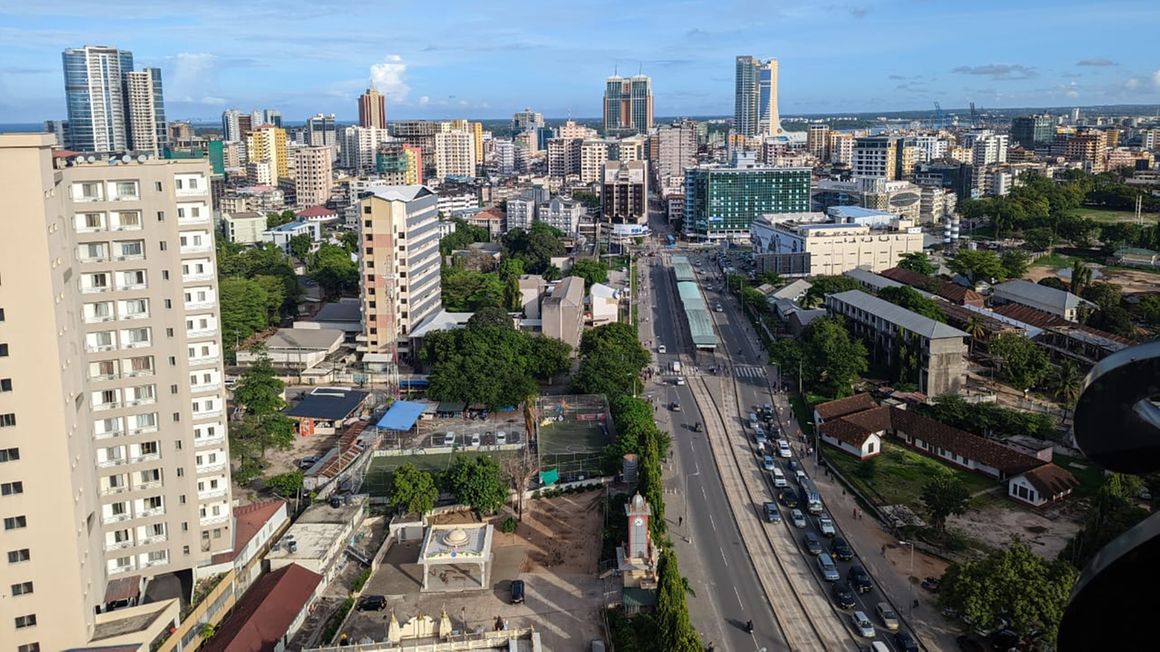Tanzania on Thursday received a $1.1 billion financing package from World Bank, which will fuel inclusive growth across the nation and bolster urban services and climate resilience in the city of Dar es Salaam.
The package comprises two crucial components which is $750 million Development Policy Financing (DPF) and $385 million Dar es Salaam Metropolitan Development Project (DMDP) Phase 2.
Read: Tanzania, Rwanda picked for clean energy pilot
This first package aims to ignite private sector led economic recovery by tackling structural challenges hindering growth. Reforms promoting a better business climate, strengthening state-owned entities (SOEs), and enhancing transparency are key areas of focus.
Whereas the second package will build on the success of the initial project, further upgrading Dar es Salaam's infrastructure and resilience. Climate-smart infrastructure, an integrated solid waste management system, and robust urban institutions are at the heart of this initiative.
World Bank Vice President for Eastern and Southern Africa Victoria Kwakwa commended Tanzania's commitment to reform and resilience, stating: "We applaud Tanzania's efforts towards inclusive, private sector driven growth amidst global challenges. We are committed to supporting Tanzania's reforms for immediate recovery and sustained economic progress."
The DPF addresses critical roadblocks to private-sector growth, including cumbersome business registration, limited access to credit, and public debt burdens. Additionally, it emphasizes social policies that promote inclusivity and economic resilience, laying a strong foundation for sustainable growth.
Read: Tanzania’s radical shift under Samia
The DMDP Phase 2 prioritizes climate-smart infrastructure to mitigate the city's vulnerability to climate change. Improved mobility, livability, and resilience are key objectives, building upon the successes of the first phase, which benefited over 4 million people through road construction, flood protection, and informal settlement upgrades.
World Bank Country Director for Tanzania Nathan Belete highlighted the importance of climate action in Dar es Salaam: "Tanzania remains highly vulnerable to climate change, and the DMDP Phase 2 aims to fortify Dar es Salaam while enhancing its livability and resilience." The East African






